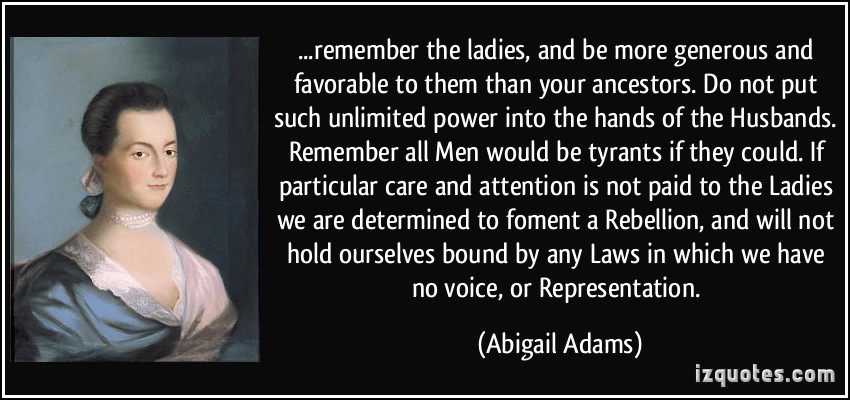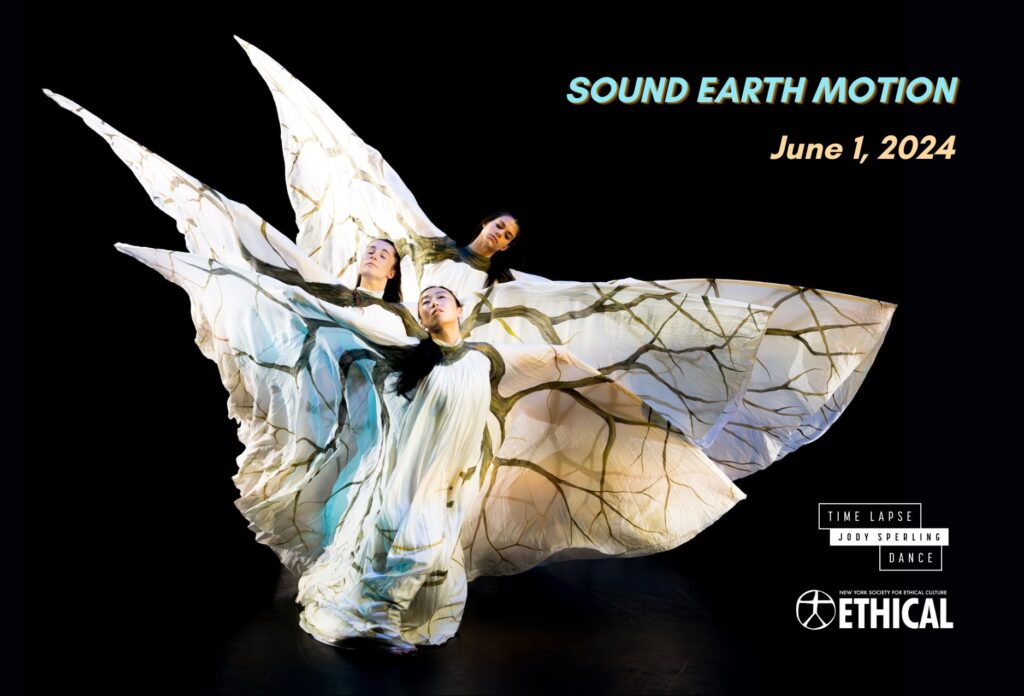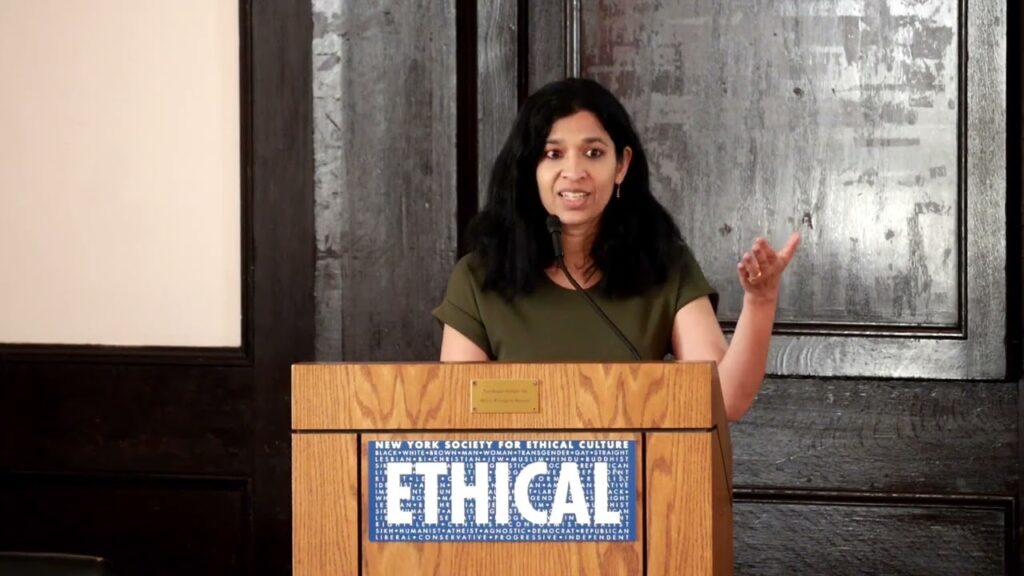
You will read this column before the 2016 presidential election season ends. I am weary and imagine that you are, too. This “ultramarathon” – from the forming of exploratory committees to the inauguration – can last two years, far longer than any other country’s campaigns. Canadians were perturbed that their recent election season lasted eleven weeks. The average length in the UK is less than 20 weeks and in France two weeks. In Australia, the average length is eleven weeks, and voting is compulsory.
We rank near the bottom in terms of voter registration because we make it so difficult; strategies include cutting back on early voting, making absentee voting more difficult, and imposing photo-ID requirements at the polls. Even when federal courts rule that their voting processes are unconstitutional, some states (Ohio, NC, Texas and Wisconsin) continue to defiantly suppress votes. New York State does not allow early voting, and requires voters to register at least 25 days before Election Day. Absentee voting requires “snail” mail between the voter and local Board of Elections.
The Founding Fathers were divided on the issue of voting rights. In 1776 John Adams was unwilling to extend voting rights beyond white men who owned property and warned, “There will be no end of it. New claims will arise. Women will demand a vote. Lads from 12 to 21 will think their rights not enough attended to, and every man, who has not a farthing, will demand an equal voice with any other in all acts of state.” Poor Abigail!
According to Michael Waldman, president of the Brennan Center for Justice and author of The Fight to Vote (Simon & Schuster, 2016), a history of the struggle to win voting rights for all citizens, “Often groups fearful of change are most determined to change the rules – to make it harder for others to vote.” Still, he is optimistic about our future. I wish I were.
Instead, I harken back to a time long ago when the Great Law of Peace guaranteed equal rights to men and women in the Six Nation Confederacy of the Iroquois. The impact upon our Constitution of this oldest participatory democracy has been well researched and documented. Senate resolution 331 from the 100th Congress in 1988 “acknowledges the contribution made by the Iroquois Confederacy and other Indian Nations to the formation and development of the United States.” Tragically, our Founding Fathers, even George Washington and Benjamin Franklin, who were “known to have greatly admired the concepts of the Six Nations,” failed to include women. And it took a Civil War to include men born in slavery; Native Americans would wait much longer.
Our Founding Mothers, however, those who met in Seneca Falls, NY in July 1848 to issue The Declaration of Sentiments asserting the equality of women and men, were well aware of the differences in women’s roles between the Iroquois and Americans. For example, Iroquois women selected their chiefs. Elizabeth Cady Stanton described their rights “as proof that the subordinate position of white women was neither natural nor divinely inspired,” said Sally Roesch Wagner, who curated an exhibit in Seneca Falls called “Sisters in Spirit: Celebrating the Iroquois Influence on the Early Women’s Rights Movement.”
So here we are in November 2016, centuries removed from that ideal.
I knew that Hilary Clinton’s run for president would challenge those uncomfortable with women holding positions of power. What I didn’t anticipate was the depth of her opponent’s misogyny. Perhaps I was naïve, and yet I don’t know any woman, including myself, who hasn’t experienced sexual harassment. Trump may epitomize that behavior, but far too many men practice it. In the weeks leading up to this election, we have been subjected to explicit evidence of a presidential candidate’s utter contempt for women.
Susan B. Anthony was thrown to the ground when she tried to cast a ballot in November 1872. Women won suffrage in 1920 after generations of hard-fought battles. We are still fighting for an Equal Rights Amendment. Among all the issues calling for our attention in this election, and there are myriad, in these final days we are being thrown to the ground again. Misogyny is alive and kicking. But so is the ideal of fully participatory democracy. Once upon a time, it thrived in this land. It can again if we don’t lose hope and work together.








